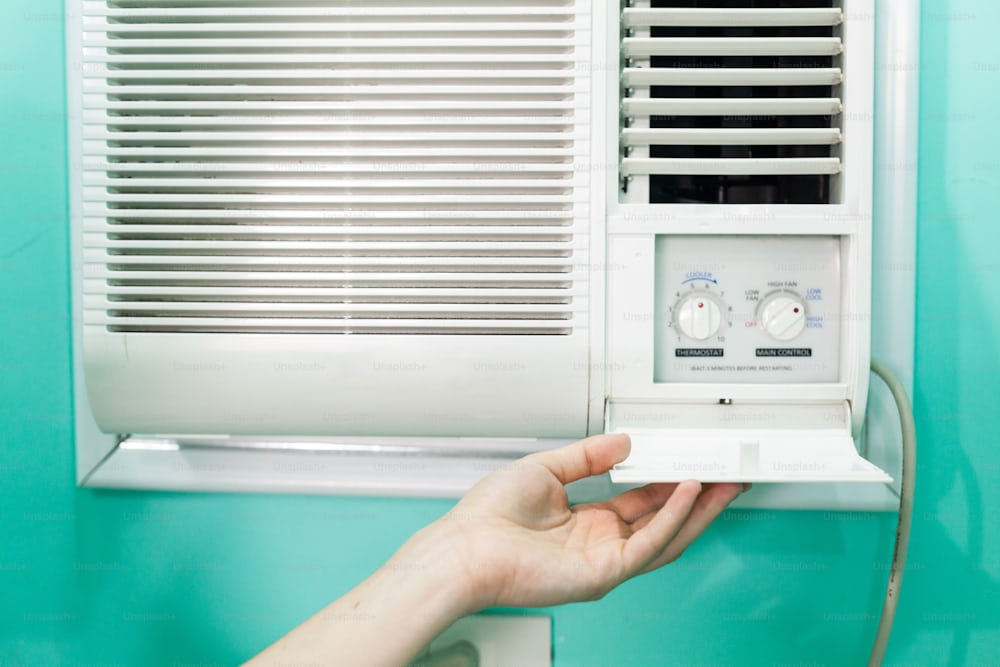Keeping your heating system running smoothly throughout its lifespan is crucial for maintaining comfort in your home and avoiding costly repairs. Here’s how you can extend the life of your heating system with practical, actionable tips.
Regular Maintenance is Key
One of the most effective ways to extend the life of your heating system is through regular maintenance. Just like a car needs regular oil changes, your heating system requires periodic check-ups to ensure it operates efficiently.
- Schedule Annual Inspections: Have a professional HVAC technician inspect your system once a year. They’ll check for wear and tear, clean components, and make adjustments to keep your system running efficiently. Regular inspections can prevent small issues from turning into major problems.
- Change Air Filters: Dirty air filters restrict airflow, making your heating system work harder than necessary. This can lead to overheating and increased wear. Check your air filters monthly and replace them every 1-3 months, or as needed. This simple step can significantly improve the efficiency of your system and extend its lifespan.
Keep the Area Around Your Heater Clean
A clean environment helps your heating system function optimally.
- Clear Debris: Make sure the area around your heater is free of dust, debris, and other obstructions. This includes removing any furniture or other items that might block vents or air intakes. Proper airflow is essential for efficient heating and to prevent overheating.
- Dust and Vacuum: Regularly dust and vacuum near your heating vents and registers. Dust accumulation can block airflow and reduce efficiency. Keeping these areas clean helps maintain smooth operation.
Optimize Your Thermostat Settings
How you use your thermostat can impact the lifespan of your heating system.
- Avoid Extreme Temperature Changes: Set your thermostat to a consistent temperature rather than frequently adjusting it. Extreme temperature fluctuations force your heating system to work harder and can lead to unnecessary strain.
- Upgrade to a Programmable Thermostat: A programmable thermostat allows you to set different temperatures for different times of the day. This means your heating system will only run when needed, reducing wear and tear.
Insulate Your Home
Proper insulation helps maintain a consistent temperature inside your home, reducing the load on your heating system.
- Insulate Doors and Windows: Ensure that doors and windows are properly sealed to prevent drafts. Use weatherstripping or caulk to fill any gaps. Proper insulation helps keep the heat in and reduces the amount of work your heating system needs to do.
- Check Attic and Basement Insulation: Make sure your attic and basement are well-insulated. These areas can be major sources of heat loss. Proper insulation in these spaces helps maintain a stable indoor temperature and reduces strain on your heating system.
Address Issues Promptly
If you notice any problems with your heating system, address them as soon as possible.
- Listen for Unusual Noises: Strange noises, such as banging or squealing, can indicate a problem. If you hear anything out of the ordinary, it’s a good idea to have a professional inspect the system to prevent further damage.
- Check for Uneven Heating: If some rooms in your home are warmer or colder than others, there could be an issue with your heating system or ductwork. Have a professional assess the situation to ensure even heating and efficient operation.
Ensure Proper Ventilation
Good ventilation is essential for the health of your heating system and the air quality in your home.
- Keep Vents Unobstructed: Ensure that vents and registers are not blocked by furniture, curtains, or other objects. Proper airflow helps your system heat your home more efficiently and prevents overheating.
- Ventilation Systems: Make sure any ventilation systems, such as exhaust fans, are functioning correctly. Proper ventilation helps maintain indoor air quality and supports the efficiency of your heating system.
Upgrade When Necessary
Sometimes, extending the life of your heating system involves recognizing when it’s time for an upgrade.
- Assess System Age: Most heating systems have a lifespan of 15-20 years. If your system is approaching this age, it might be worth considering an upgrade. Newer models are often more energy-efficient and can provide better performance.
- Consider Efficiency Ratings: If you’re upgrading, look for systems with high-efficiency ratings. Energy-efficient models can save you money on energy bills and often have advanced features that improve overall performance.
Monitor and Adjust Usage
Being mindful of how you use your heating system can impact its lifespan.
- Use Space Heaters Wisely: If you use space heaters to supplement your main heating system, use them cautiously. Overuse or improper placement can lead to safety hazards and increased wear on your heating system.
- Avoid Overworking the System: Don’t run your heating system continuously if it’s not needed. Use it only when necessary and adjust settings to maintain comfort without overburdening the system.
By following these practical tips, you can help ensure that your heating system remains reliable and efficient for many years. Regular maintenance, proper usage, Related Online Reviews, and timely upgrades are all essential steps in extending the life of your heating system and keeping your home comfortable.

Jennifer David is the creative force behind CelebRiches, your go-to source for celebrity financial exploits. With an unwavering passion for the entertainment industry, she delivers in-depth insights into celebrities’ net worth, combining thorough research with a captivating narrative. Explore the stars’ fiscal journeys through Jennifer’s expert lens, where finance meets fame most engagingly.
